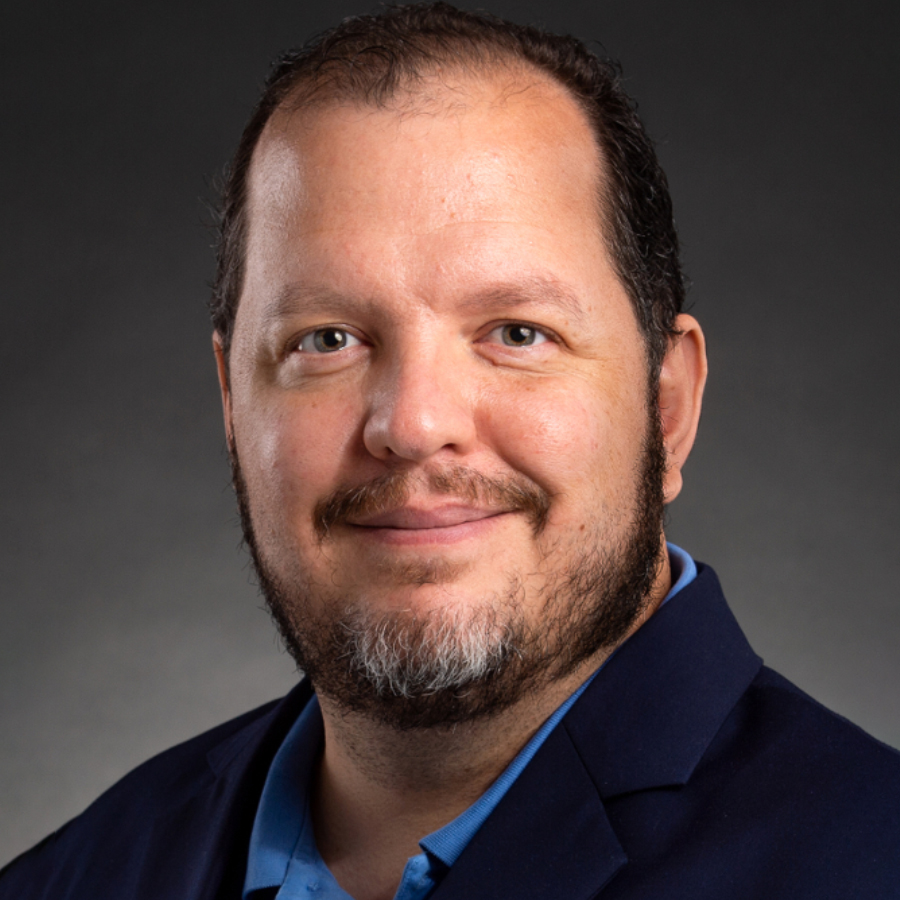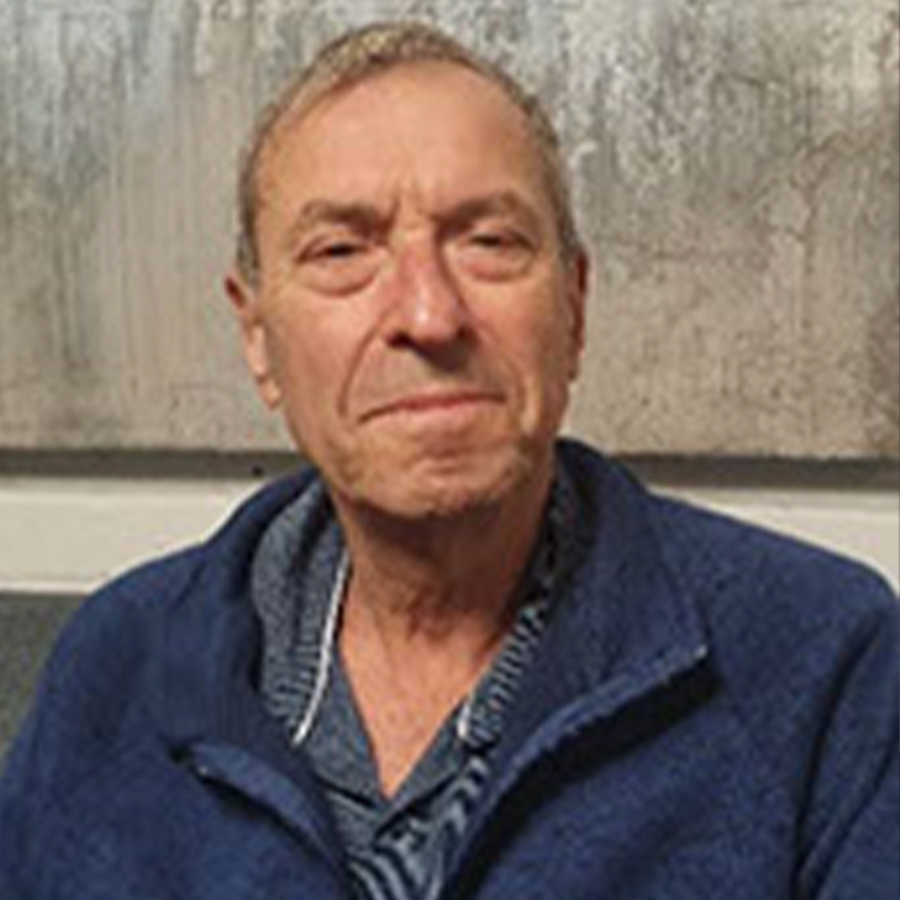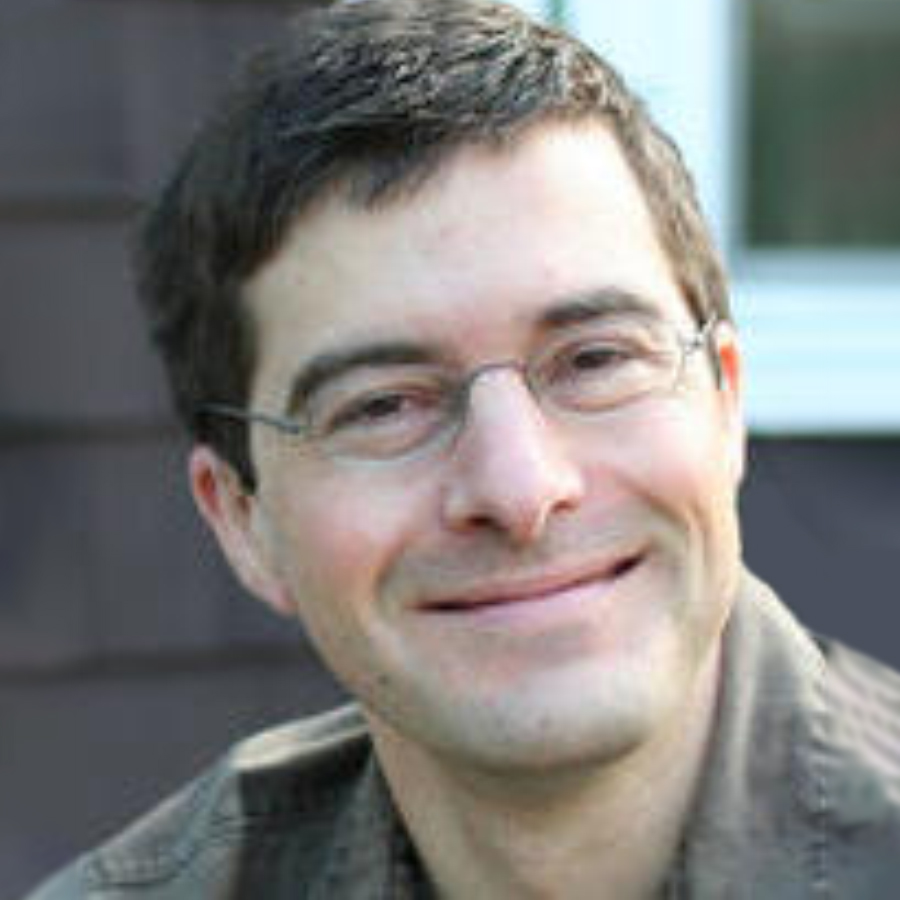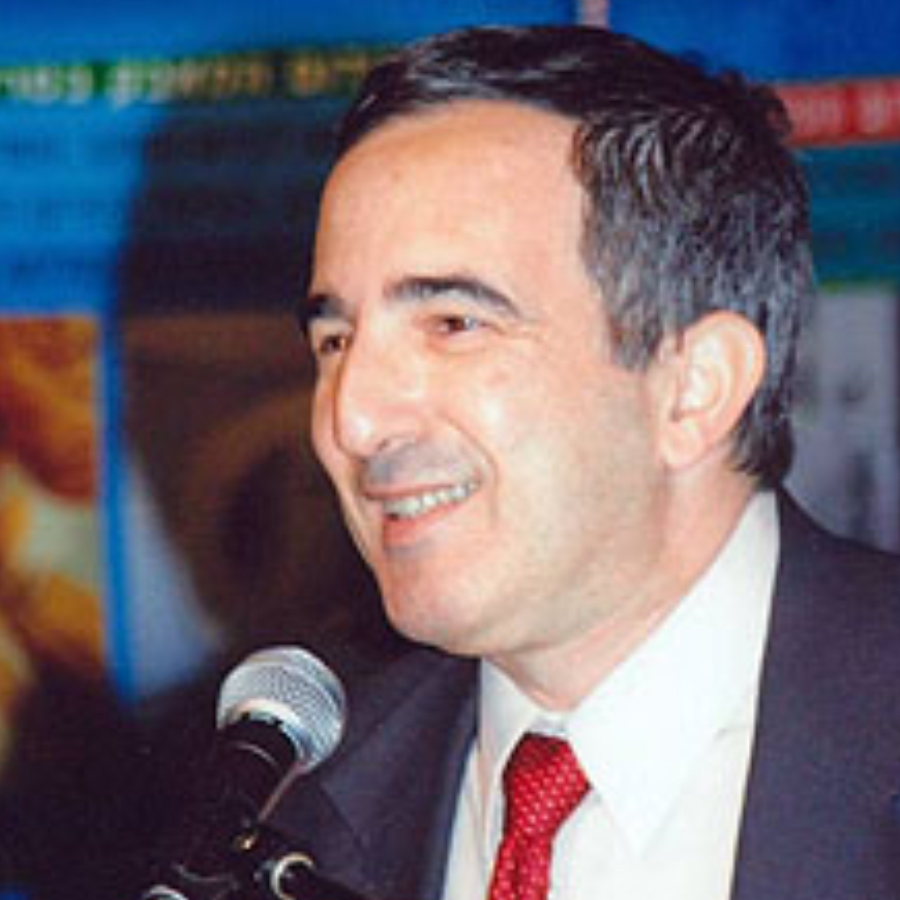
Dr. Charles Gawad, MD, PhD

Dr. David Lyden, MD, PhD

Prof. Josef Kapelushnik, MD

Nathanael Gray, PhD

Sara Federico, MD

Shai Izraeli, MD

Dr. Charles Gawad, MD, PhD
Dr. Gawad is an Associate Professor of Pediatrics at Stanford University where he has an active research lab and is a practicing pediatric oncologist. He received his medical degree from the University of Arizona and a PhD in Cancer Biology from Stanford. Among a number of honors, he is a recipient of a Career Award for Medical Scientists from the Burroughs Wellcome Fund, as well as an NIH Director’s New Innovator Award.

Dr. David Lyden, MD, PhD
Dr. Lyden completed his M.D. at Brown University, Ph.D. at the University of Vermont, residency in Pediatrics at Duke University, and a clinical and postdoctoral fellowship in pediatric oncology at Memorial Sloan Kettering Cancer Center. Currently, he is the Stavros S. Niarchos Professor of Pediatrics and Cell and Developmental Biology at Weill Cornell Medicine/Cornell University. He defined the concept of the "pre-metastatic niche" (PMN), where tumor-secreted factors recruit bone marrow-derived progenitor cells and immune cells to distant organ sites to provide a platform for metastasis. In addition, he demonstrated that tumor-derived exosomes initiate the PMN by educating resident stromal cells which alters the immune landscape, promoting metastasis. He identified key proteins and nucleic acids, specifically double stranded DNA, in exosomes and demonstrated that this exosomal cargo supports thrombosis, vascular leakiness, immune dysregulation, and PMN formation. In regards toIn regard to Stephen Paget’s “seed and soil” hypothesis, he has solved this mystery, in part, defining the role of tumor exosomal integrins in organotropic metastasis. His lab has devised a new technology for the isolation of extracellular vesicle subpopulations and identified a new particle named exomere, the most prominent tumor particle secreted by tumor cells, which packages distinct enzyme proteins, lipids, and glycans. While exosomes promote pre-metastatic niche formation, exomeres promote metabolic dysregulation in the liver. Most recently, leveraging more than a decade worth of exosome proteomics, his lab has performed a comprehensive analysis of exosomal cargo across a variety of human cancers, identifying novel exosomal markers as well as pan-cancer and cancer type-specific exosomal biomarkers for early cancer detection. Moreover, Dr. Lyden is the 2018 recipient of the National Institutes of Health R35 Outstanding Investigator Award, which supports his efforts to explore the systemic effects of metastatic cancer and he is an elected member of the Association of American Physicians and a Fellow of the American Association for the Advancement of Science.

Prof. Josef Kapelushnik, MD
Prof. Josef Kapelushnik has served as the head of the pediatric hematology oncology department at Soroka Medical Center. As a Professor Emeritus at Ben Gurion University of the Negev for the past six months, he has been a leading instructor for fourth-year medical students and a supervisor for medical students' theses. He has published over 180 medical papers in leading journals including Blood, New England, Lancet, Bone & Marrow Transplantation, and more. Prof. Kapelushnik is a member of the Children Oncology Group European Society, the American Society of Hematology, the American Society of Oncology, the Israeli Society of Pediatrics, and the Israeli Society of Hemato-oncology. Currently, he is focusing on developing a method for differentiating between bacterial and viral infections using infrared spectroscopy and researching the development of spermatogenesis in children receiving chemotherapy. He graduated in Pediatric Hematology/Oncology from the University of Toronto and has shown interest in the development of new drugs, having been consulted in the past by companies including Novartis and GSK.

Nathanael Gray, PhD
Nathanael Gray, Ph.D., is the Krishnan-Shah Professor of Chemical and Systems Biology at Stanford, Co-Director of Cancer Drug Discovery, Co-Leader of the Cancer Therapeutics Research Program, Member of Chem-H, and Program Leader for Small Molecule Drug Discovery for the Innovative Medicines Accelerator (IMA). His research uses the tools of synthetic chemistry, protein biochemistry, and cancer biology to discover and validate new strategies for addressing anti-cancer targets. Dr. Gray’s research has had a broad impact in the areas of kinase inhibitor and degrader design and in circumventing drug resistance. Dr. Gray received his PhD in organic chemistry from the University of California at Berkeley. Dr. Gray has also been involved in establishing new companies to advance projects from the lab into the commercial sector including Larkspur Biosciences. His contributions have been recognized through numerous awards including the Paul Marks Prize in 2019.

Sara Federico, MD
Sara Federico, MD, is a pediatric oncologist at St. Jude Children’s Research Hospital specializing in solid tumors. Her primary interests include novel drug development for recurrent and refractory solid tumors and conducting clinical research for the treatment of neuroblastoma. Dr. Federico leads several clinical trials ranging from early developmental therapeutic phase 1 studies to the next COG phase 3 study for the treatment of high-risk neuroblastoma. She completed her undergraduate studies at Stanford University, medical school at Virginia Commonwealth University, internship and residency at Lucile Salter Packard Children’s Hospital at Stanford, and pediatric hematology/oncology fellowship at St. Jude Children’s Research Hospital. She has won numerous awards, including the 2020 National Cancer Institute’s Cancer Clinical Investigator Award, and serves on national and international committees.

Shai Izraeli, MD
Professor Izraeli is the Director of the Pediatric Hematology Oncology Division at the Schneider Children's Medical Center of Israel. He is also the Shapiro professor and the head of the Dotan center for research of hematological malignancies in Tel Aviv University and a research professor at the department of systems biology at the Beckman Institute at City of Hope, Duarte CA, USA. He was recently elected as a founding member of the Israel National Academy of Scientific Medicine. Prof Izraeli is a member of the executive committee and the chair of hematological malignancies in the ITCC (Innovative Therapeutics of Childhood Cancer) the European organization for promotion of clinical trials of new drugs for children with cancer by either the pharmaceutical and biotech industries or academia. He has been the Treasurer, Chair of the Research Committee, and a member of the Executive Board of the European Hematology Association. Dr. Shai Izraeli recently received the prestigious mentorship and education award of the European Hematology Association for his multi-year support of the career of young hematologists and researchers in the field of blood diseases and cancer. Dr. Izraeli's major research interest is in hematological malignancies and their predisposition syndromes. The research or Down Syndrome leukemia research have led to discoveries translated to novel cancer diagnostics and therapies. He published more than 200 peer reviewed scientific publications, has been supported by multiple international research grants and has many international collaborations.

